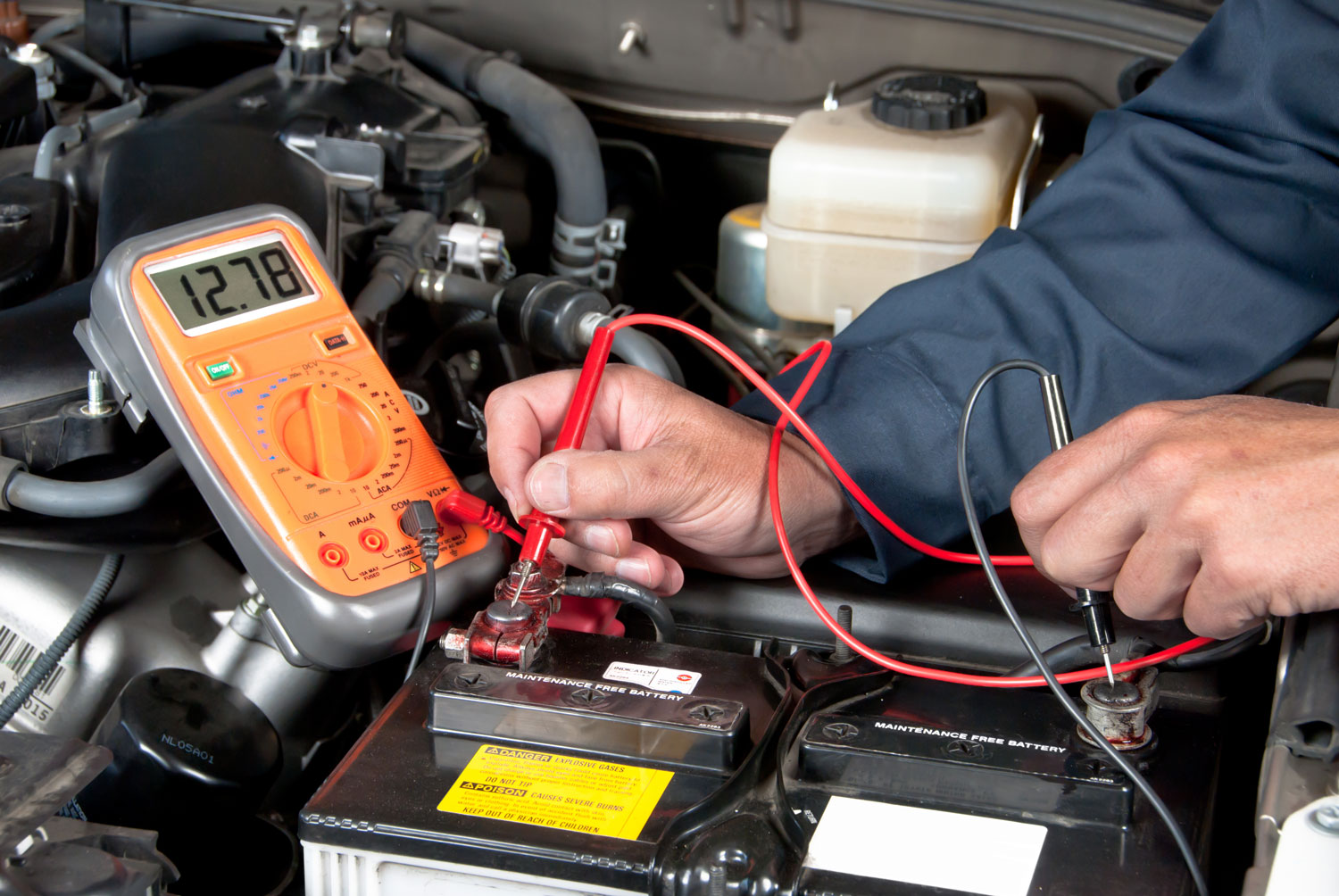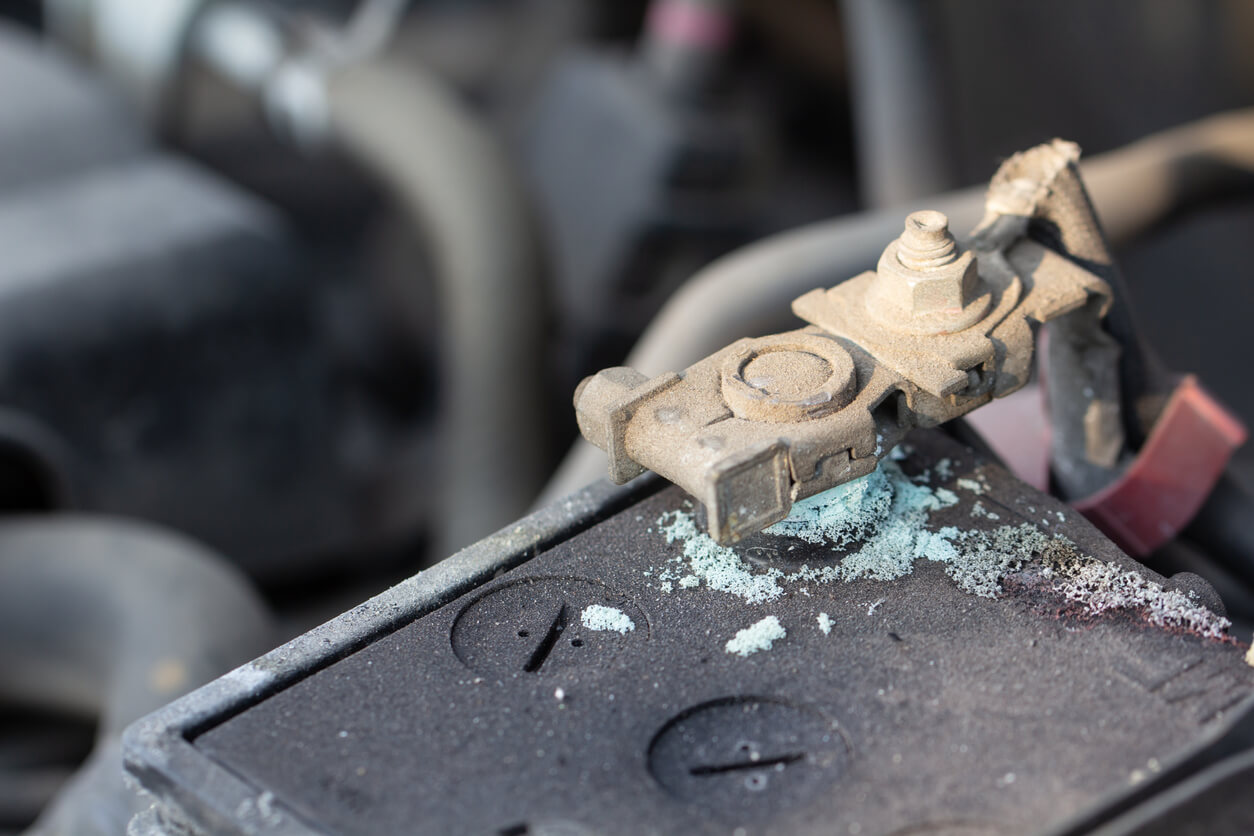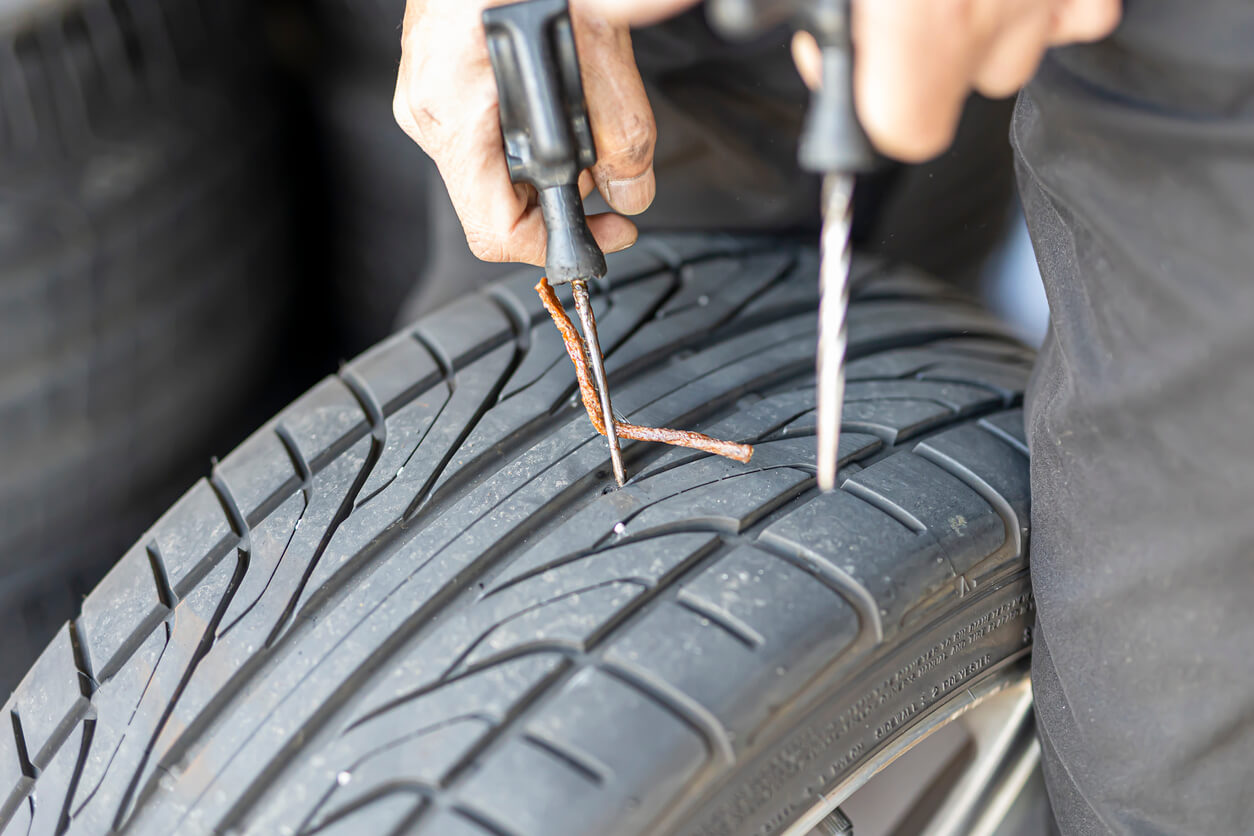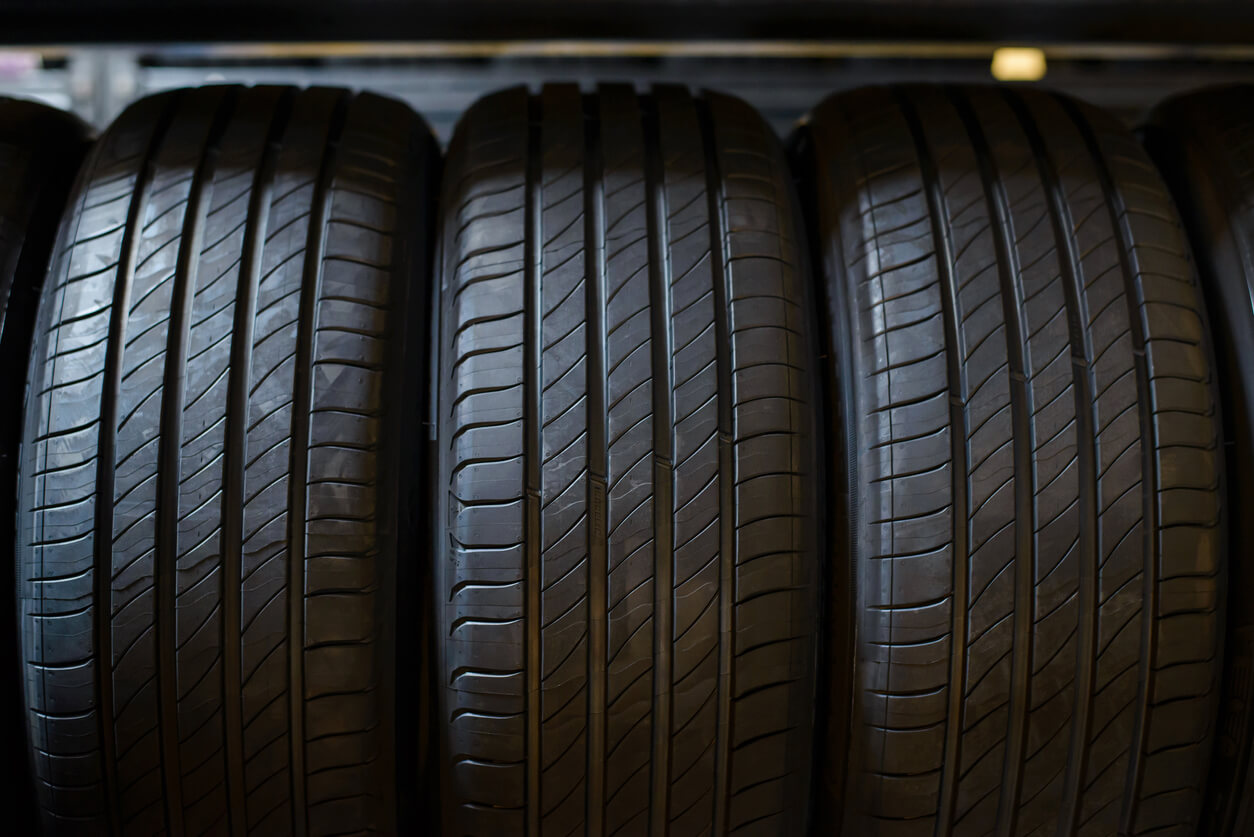 Older car batteries are not as capable at holding a full charge due to sulfation and corrosion, which also hampers charging. If your car has trouble starting up, it may be time to do a battery check test.
Older car batteries are not as capable at holding a full charge due to sulfation and corrosion, which also hampers charging. If your car has trouble starting up, it may be time to do a battery check test.
We have all been there, rushing off to work or late to a school pickup and the car won’t start due to a flat battery. While battery replacements are unavoidable and should be carried out every three to five years, persistent failures may mean that there is an issue with your vehicles’ electrical system, or that the car battery is not suited to your needs.
With the large number of batteries on the market these days, making a purchase can be a daunting task. A number of our stores around Australia are stocked with the best batteries available. With expert staff on hand, we’ll make sure the correct battery is installed in your car.
Need to get your battery tested? Call 13 21 91 today and talk to one of our expert staff members here at Tyrepower.
A few top tips from Tyrepower to consider when purchasing your new car battery:
- Driving habits
- How frequently do you drive
- Vehicle accessories
- Weather conditions
- Battery age
Driving habits.
Most of us endure consistent driving habits or patterns. Our week usually consists of school drop-offs, work errands and other scheduled activities. This persistent starting and stopping of your vehicle throughout the day can lead to all kinds of premature failure, your battery being one of them.
Thinking about these habits and putting in a weekly plan may save you on a few trips and in the long run prevent premature battery failure. For example, changing your driving route by sticking to sealed smooth surfaces instead of rough corrugated roads can help protect all kinds of vehicle components including your alternator and battery.
How frequently do you drive?
If you use your company vehicle during the week and only drive your car on the weekends, the long storage period for your car may cause the battery to slowly discharge on its own, draining it to dangerously low levels. One course of action is to connect it to a battery maintainer when not in use, or take your car out for a drive at least once a week.
As batteries are recharged through the alternator while driving, short trips also mean that they may not get recharged as much as they should. In that case, you may want to consider a battery with a higher reserve capacity (RC) rating, which will have high power in reserve, in case of low charges or a faulty alternator.
Vehicle accessories
Certain accessories like security alarms and electronic locks require electricity from your battery even when your vehicle is parked. Plus, in-car cameras, stereo, air conditioners, LCD screens and other accessories that are on for extended periods can drain your battery flat if it has insufficient RC, cutting short your battery lifespan.
If you have a car equipped with all kinds of accessories, for example a 4WD with a fridge, lights and other electronics, you’ll need to fit a dual battery setup and possibly an inverter. This will ensure that your starter battery is fully charged and ready for when you go to start your vehicle in the morning.
Drive to the weather condition
Extreme weather conditions play a pivotal role in the performance of car batteries. For instance, your car takes longer to start up in the cold winter months as batteries require more power to charge their chemical reactions. Consider a battery with higher Cold Cranking Amps (CCA), which are built to operate in colder, often extreme conditions.
Meanwhile in summer, electrolytes in batteries evaporate more quickly, reducing the chemical reactions needed to create the jolt of electrical energy to your car from taking place. Hence, you should look out for products where the grids should contain ingredients such as alloys which can help delay potential corrosion effects. The grid itself should also be robust enough to endure corroding elements from the acid and chemical reactions happening inside the battery.
How old is your car battery?
Older car batteries are not as capable at holding a full charge due to sulfation and corrosion, which also hampers charging. If your car has trouble starting up, it may be time to do a battery check test.
Battery testing can be performed at selected Tyrepower stores across Australia. Simply call Tyrepower on 13 21 91 to find out more on battery testing and replacing. Tyrepower stocks the best battery brands with a wide range of products to suit most makes and models. To find out if there is a store in your area, use our store locator here.
























